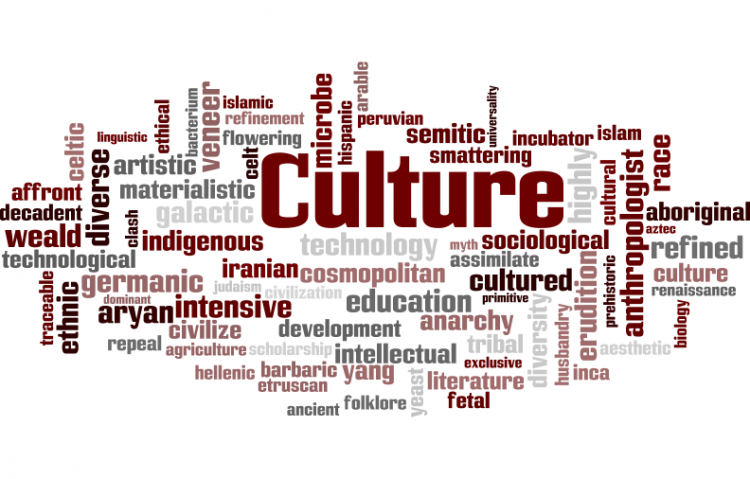
- Target:
- UNESCO
- Region:
- GLOBAL
- Website:
- whc.unesco.org
Open Letter to Irina Bokova Director-General of UNESCO
8 March, 2015
Dear Director-General Irina Bokova,
I address this open letter to you in your capacity as Director-General and to all who care about the ongoing destruction of cultural and archaeological heritage across the world.
Groups proclaiming so-called religious principles have a documented record of destroying sites and artefacts of historical and cultural importance out of ignorance and the inability to express themselves in an intellectual and educated manner, to hold to their views and argue for their convictions as opposed to using violence and destruction in order to try to suppress all dissent or differing views. In the last century we saw the same wanton destruction by the Nazis of all cultural artefacts that did not conform to the Aryan belief.
An aspect of this which must not be underestimated or overlooked is the wanton destruction of archaeological and cultural artefacts throughout the Middle East, ranging from Syria, Lebanon and Iraq to Iran and Afghanistan not to mention countless others. These historic sites, some of which have endured for more than 2000 years of human history, represent the manifestation of our collective human consciousness and represent the intellectual and cultural development of mankind.
Libya is one of the latest fronts in the ongoing struggle against these groups and what they represent – the backward and ignorant element of society that would prefer to supress all dissent or intellectual variance of thoughts and ideas rather than try to engage in a mutually beneficial dialogue to allow human society to develop and adapt to the changing times.
Libya possesses a vast archaeological treasure with up to five World Heritage sites and historical remains stretching back to before Roman times. The reported destruction of historical and archaeological sites in Libya and elsewhere is of huge importance to humanity as a whole. While some of these sites can be protected and restored, the wholesale destruction and damage to such sites is a travesty. It is the intellectual and cultural heritage of the world and should be protected and preserved for current and future generations.
While we must acknowledge the reality of the current conflict in Libya in which our cultural and archaeological heritage cannot be our top priority, nevertheless since the actions of such groups make it clear that they intend to take advantage of instability to encroach upon, damage and even destroy important sites, it is vital that a more proactive approach is adopted to try to reduce such destruction and protect such sites. If the accounts of this destruction do not compel us to react on the basis of the lost cultural and historical contribution they represent then there is also the added consideration of their importance for the future of Libya. Not only will these sites serve as the basis for Libya’s future economic development and sustainment but they are vitally important elements of Libya’s cultural past. They are also important beyond measure for the whole of humanity and should be preserved and protected – we do not wish to see the same level of destruction in Libya as has been witnessed throughout the Middle East.
It is time for everyone to make it clear that not only is the political and so-called moral and religious outlook of such groups unacceptable in every way - in particular the way they choose to impose their backward and ignorant views on captive people with a right to determine their own values and beliefs – but that they will not be allowed to destroy items of incalculable cultural and intellectual worth to humanity.
As the Director-General of UNESCO, Irina Bokova, stated: ‘Libyan heritage is the expression of a shared memory of the country, and its respect represents a corner stone for long lasting national reconciliation.’ It also represents a fundamental step along the road to becoming a civilised state that upholds the values that motivated the February 17th revolution. It represents a vital part of the cultural and social makeup of Libyan society, and a step away from ignorance and small minded self-interest that was rampant during the forty two years of the former regime.
In the name of educated and intelligent Libyans and people everywhere I would like to join with the Director General in appealing to ‘all parties, as well as the Libyan population, to commit to and act for its safeguarding’.
I take the opportunity to thank the courageous Libyans, both cultural professionals and others, and the NGOs who have already taken steps on their own initiative to attempt to safeguard these sites and artefacts without any assistance or gain.
I thank UNESCO for its work with and in cooperation with INTERPOL, the World Customs Organization (WCO) and specialized national police forces to increase vigilance on any attempts at the import, transit and sale of Libyan cultural property.
You can further help this campaign by sponsoring it
The Stop Cultural Vandalism and Destruction in Libya petition to UNESCO was written by Sami Salem El-Atrash and is in the category Culture at GoPetition.